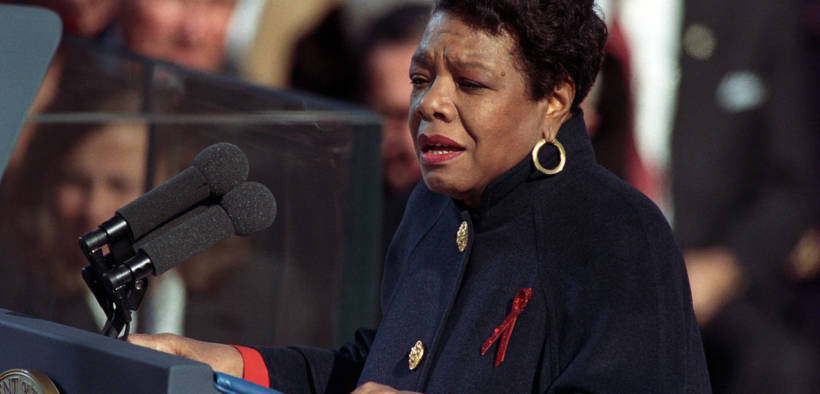School Board Rescinds its Vote to Ban 5 Books After Nationwide Backlash

An Alaska school board that was in the national spotlight after removing five books from its high school reading list has rescinded its vote.
In April, the Matanuska-Susitna Borough School District in Palmer, Alaska, voted to have five books removed from the district’s curriculum for high school English elective courses. Palmer is 40 miles from Anchorage in the southern part of the state and serves 46 schools and more than 19,000 students.
The books included were: F. Scott Fitzgerald’s “The Great Gatsby”; Ralph Ellison’s “Invisible Man”; Joseph Heller’s “Catch-22”; Tim O’Brien’s “The Things They Carried”; and Maya Angelou’s “I Know Why the Caged Bird Sings.” All are widely read books, some considered classics, and often part of high school curriculums across the U.S.
According to the district’s Office of Instruction, the Matanuska-Susitna Borough School District disapproved of these books due to content that included sexual references, rape, racial slurs, scenes of violence and profanity.
Angelou’s book was criticized for its frank portrayal of sexual abuse experienced by the author when she was a child, as well as “‘anti-white’ messaging” due to its recollection of growing up black and poor in the southern U.S. during the 1930s and 1940s.
Five members voted in favor of the removal, two voted against. The board did emphasize that the books were not banned from school libraries, allowing students and teachers to access them of their own volition.
Not everyone in the community agreed with the school board. Hundreds of community members voiced their disapproval. Several gestures arose in the aftermath, including a city council member reading excerpts from her favorite book on Facebook every night. A local bookstore owner said donations poured in from community members who wanted her shop to give teenagers those five books for free.
Of course, residents across the U.S. also voiced their disapproval of the vote, along with organizations like the American Civil Liberties Union.
When a new meeting was held earlier this month in Palmer, which has a population of 5,937, at least 80 cars showed up outside the district’s building to protest. Dozens testified against the vote as well. Nearly 600 tuned in to the meeting’s livestream.
On Wednesday, six members voted in favor of rescinding that vote and taking another look at the proposed curriculum and books.
Sabrena Combs, Palmer City Council member, told CNN that she was pleased with the “small victory” but admitted that “we have a long road ahead of us to ensure curriculum for our students is to the standard we desire as parents and community members.”



















